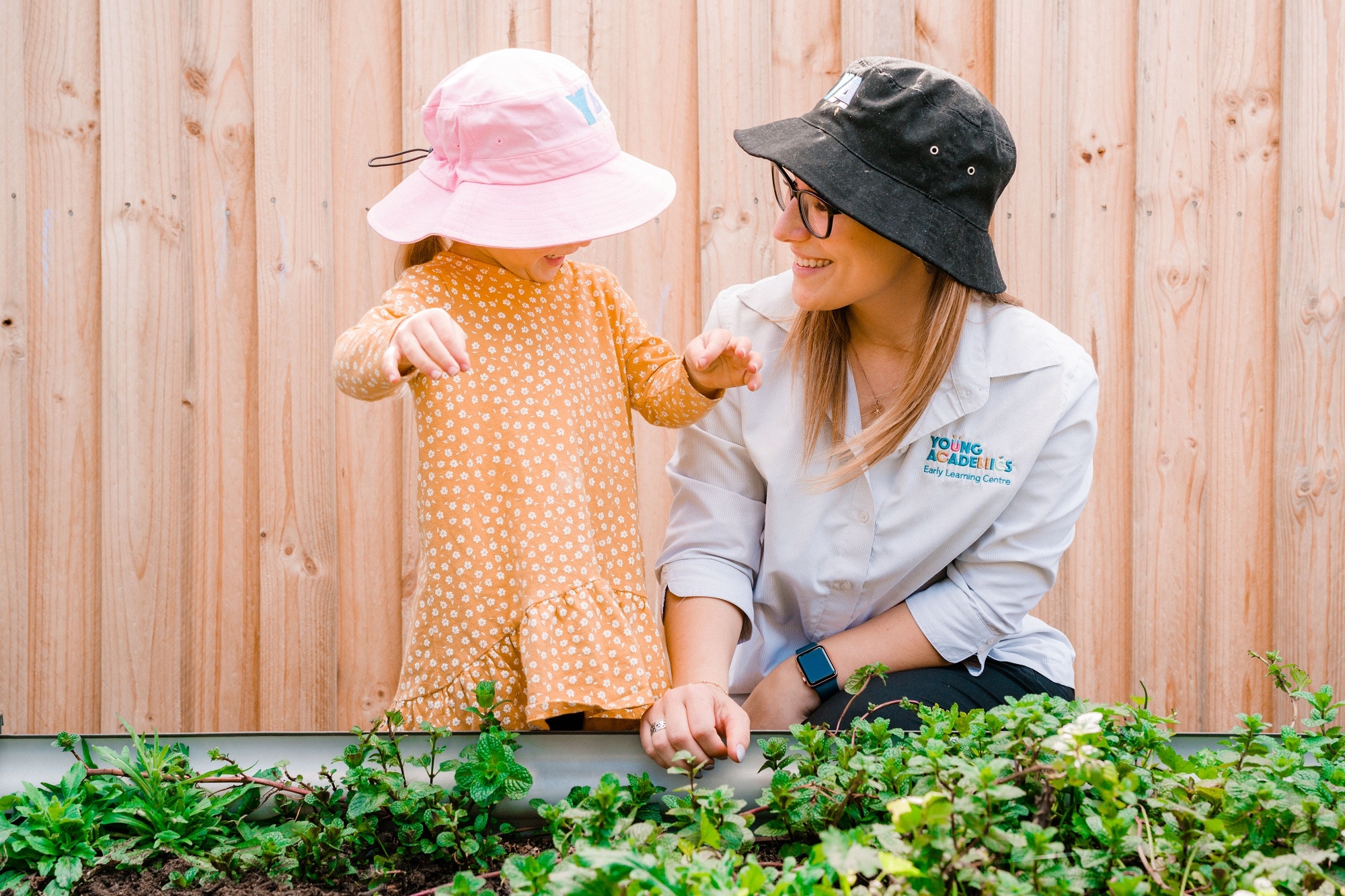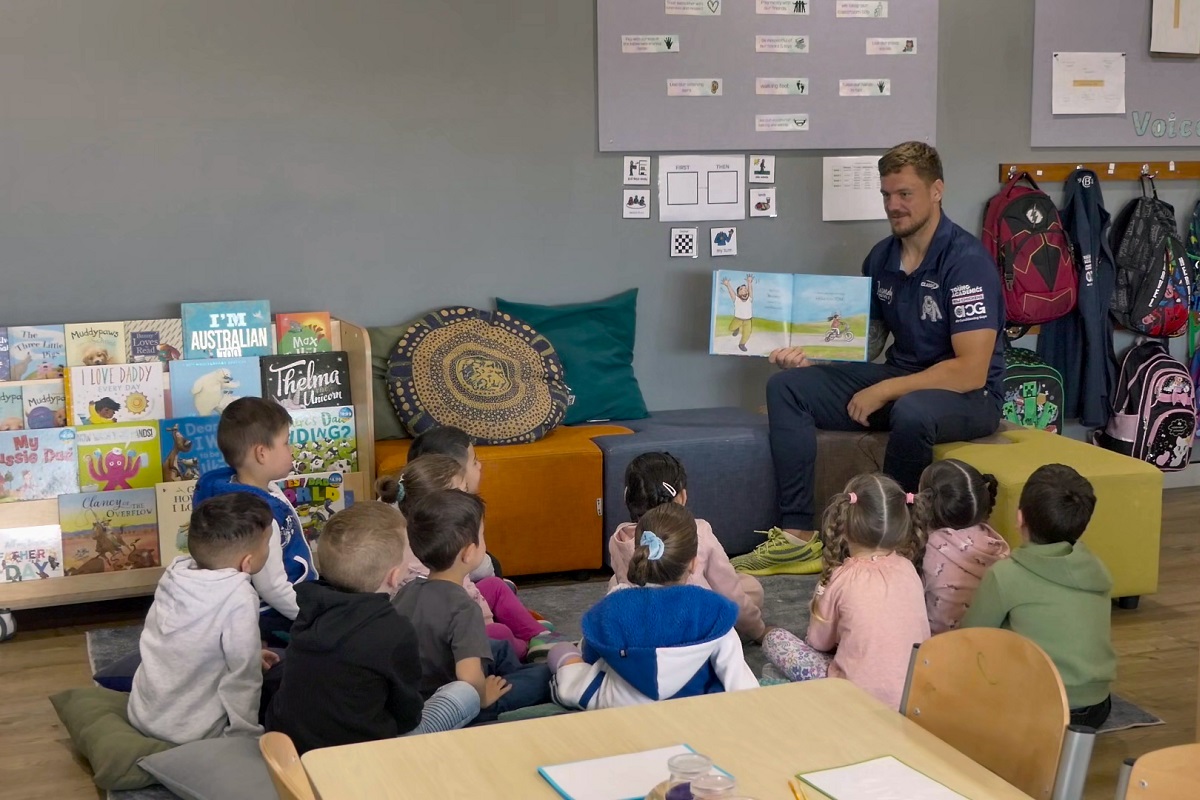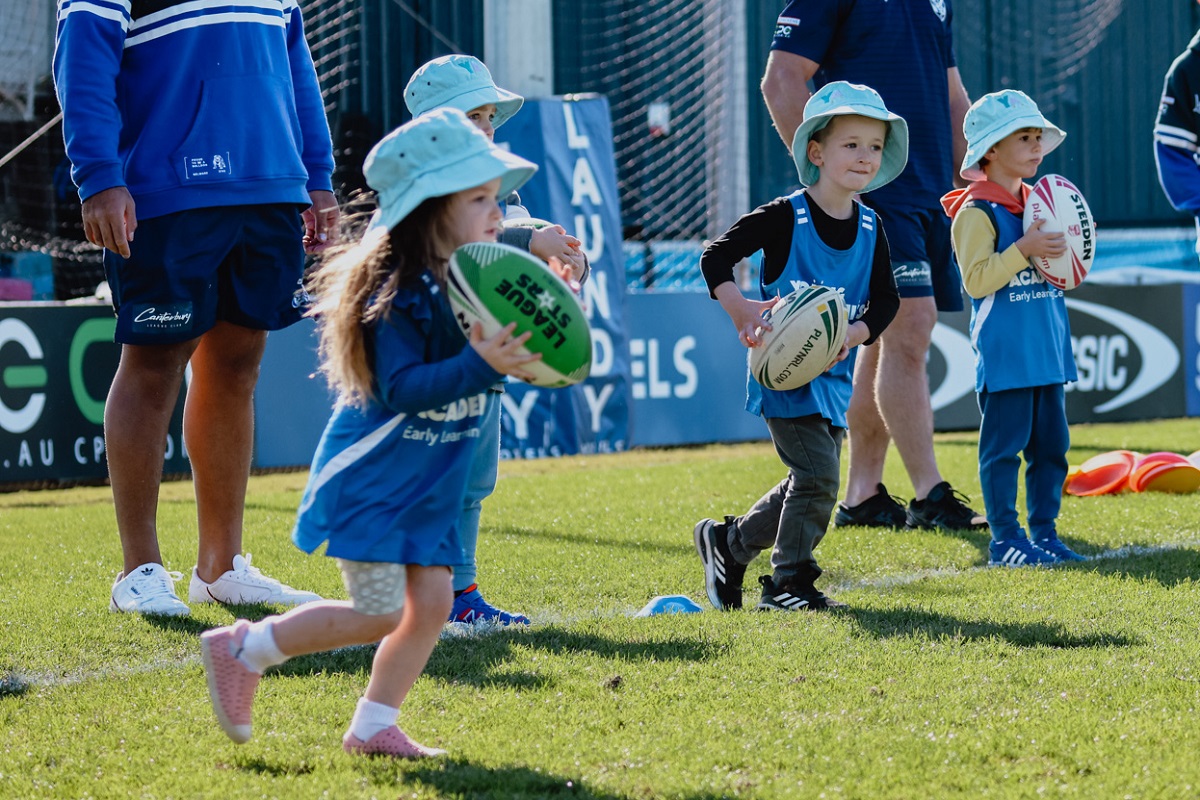When teaching your child life skills, self-regulation doesn’t often come to mind. The focus is usually on gaining independence, finding compassion and learning problem-solving and motor skills. However, even though self-regulation sounds complex, it can be considered one of the most important techniques for a child to learn, especially in their early childhood. Young Academics has layered techniques and activities into each developmental program to ensure that your child receives a holistic education.
What is the importance of self-regulation?
Let’s firstly understand what self-regulation entails. Self-regulation teaches children to understand and manage their behaviour and emotions towards variables around them. When the term is broken down, it becomes clearer as to why this would be important for children, especially in early childhood to practise. Here are a few reasons why self-regulation is important for your child to learn.
Focus at school
The practice of self-regulation results in the increased ability to focus. Focusing, as most know, is a large part of learning effectively at schools, especially at Early Learning Centres where little children are notoriously poor at paying attention.
The best way to instil self-regulation in your child and ensure that they are able to learn effectively at school is to listen carefully to them and allow unstructured time. Children need to feel listened to in order to return the favour. Unstructured free time gives them the freedom to play, learn and communicate at their own pace. This reduces the wants or needs to act out when the time for focusing arrives.
Behave well
Impulsive tantrums in children are a common problem. However, self-regulation can aid in improving the number of times that your child displays socially acceptable behaviour. Disruptive behaviour usually arises from an inability to control impulses and emotions. Talking to your child about their behaviour and asking them why they felt the need to act in that particular way can prompt them to question themselves the next time they feel the impulse to behave poorly.
Improve social skills
Decreasing your child’s poor behaviour can lead to an improvement in their social skills. Instead of getting upset at sharing toys or playing games with other children, self-regulation will teach your child to respond appropriately and with proper expression of their emotions. Poor behaviour around these situations is usually a result of poor impulse and emotional control. By talking with your child and displaying warm and sharing behaviour, you can not only encourage a better expression of their feelings but, you can also serve an example of how to act and talk with others.
An improvement in social skills also leads to more friendships for your child. When they begin to easily share their toys or play games without throwing tantrums, then it is more likely that they develop better relationships with children around them. Friendships, especially around in early childhood are key for developing social and emotional stability as well as for nurturing a healthy sense of belonging. The Young Academics Wellbeing Program focuses on harnessing these positive interactions.
Reduce stress
Much of a child’s stress comes from within themselves. Anger or other heightened emotions around day-to-day activities can contribute to a significant amount of stress in their lives. With self-regulation, your children will learn how to manage these emotions and can gradually learn to reduce it on their own.
Develop independence
The overall development of independence in your child stems from all of the benefits of self-regulation. Learning to manage their emotions, improve social skills and stay focussed in school means that your supervision becomes less and less necessary. This is not to say that they will be completely independent, however, instead of hovering over them during simple tasks, you’ll be able to feel confident that your child will behave socially acceptable.
Now that the benefits have been made clear, here are few tips for helping your child develop and learn self-regulation.
Discuss their emotions
When your child acts out, encourage conversation surrounding their emotions at that time. Ask them why they reacted the way that they did and what made them angry or sad. Push them to label their emotion. Were they sad, angry or anxious? Then, ask them what they would have done differently.
Be patient
If your child is not receptive to the conversation then it may be best to wait. Encourage them to relax and let them take a break from their own emotions, then discuss what happened. Young children have a lot of intense feelings which may make it difficult for them to cope.
Praise
Remember to compliment your child when they deal with a tough situation well. Let them know that they did the right thing, enforcing their good behaviour and encouraging future similar responses.
At Young Academics, we understand the importance of self-regulation for healthy learning and social development in your child. You’ll find that we approach children with many of the techniques mentioned in this article.
For more information about Young Academics. Contact us today on 1300 668 993.
Want to join the Young Academics family? Drop your details here, and our friendly team will be in touch with you shortly.



 BACK
BACK



